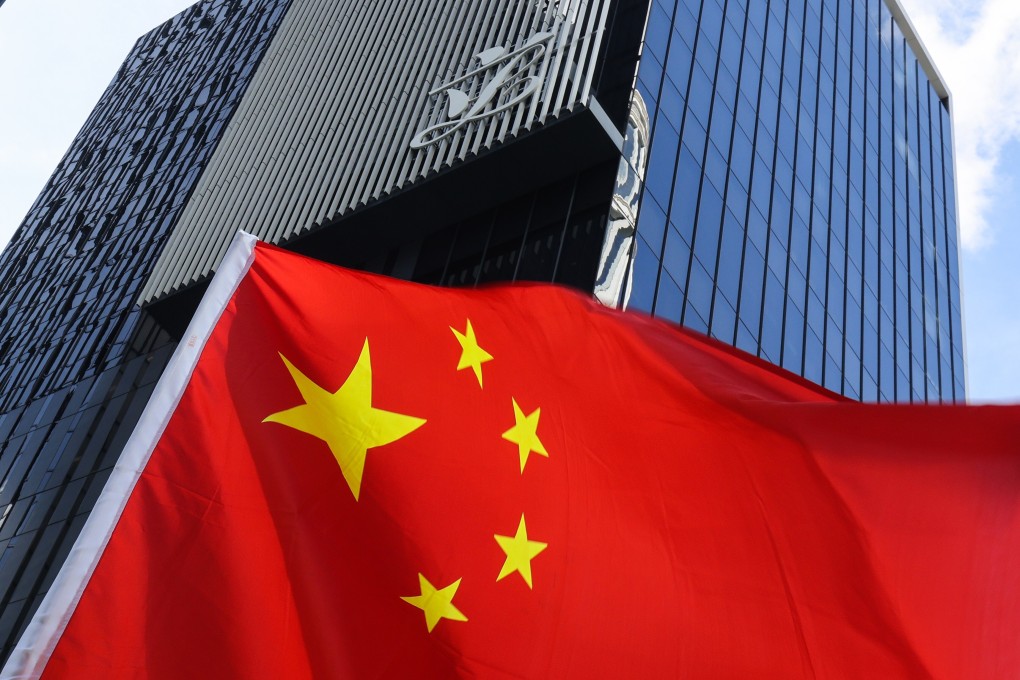Advertisement
My Take | Article 23 laws must not restrict rights unnecessarily
- Hong Kong already has legislation on treason, official secrets and sedition and an all-encompassing national security law. It is difficult to see what more needs to be done
Reading Time:3 minutes
Why you can trust SCMP
7

Hong Kong has long been seen, at least by novelists and filmmakers, as the perfect location for a nest of spies.
James Bond, currently wowing cinema audiences in No Time to Die, faked his own death in the city in You Only Live Twice in 1967 and later returned in The Man With the Golden Gun.
But even Bond might pause before plying his trade in Hong Kong today. The sweeping national security law passed by Beijing last year imposes a sentence of up to life imprisonment for spying. Now, more legislation is on the way.
Advertisement
Hong Kong has had a constitutional duty to pass security legislation under Article 23 of the Basic Law since the 1997 handover. It failed to do so, amid concerns such laws would restrict the city’s freedoms. Beijing, concerned about civil unrest in 2019, ultimately imposed its own national security law. But the requirements of Article 23 remain.
Secretary for Security Chris Tang Ping-keung suggested last month the new laws would target foreign spies. But they will go further than that. They are expected to cover areas not expressly dealt with in Beijing’s security law, such as treason, the theft of state secrets, and sedition.
Advertisement
Article 23 has been contentious since the drafting of the Basic Law in the 1980s. The inclusion of subversion, for example, was briefly removed from the draft in response to concerns in Hong Kong. It was restored after the Tiananmen crackdown in 1989.
Advertisement
Select Voice
Select Speed
1.00x
